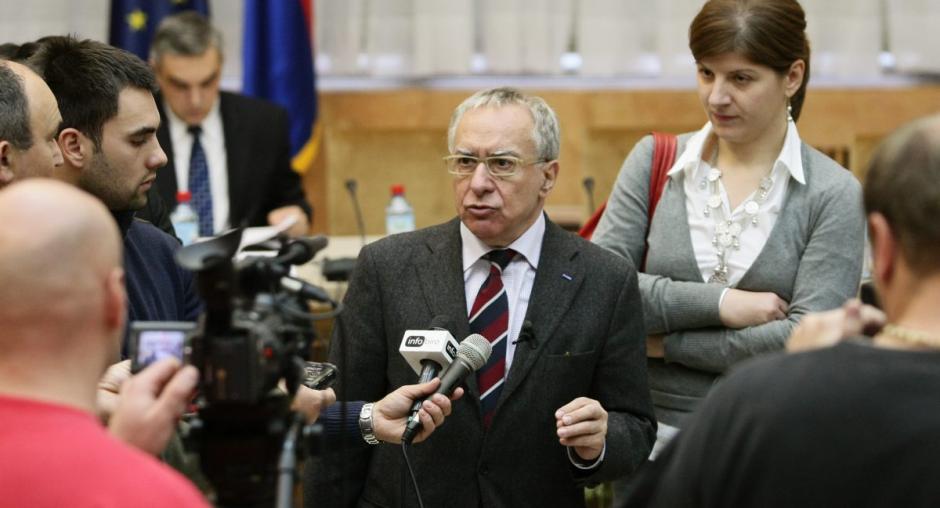Raising awareness of the National Minority Council elections in Serbia
Serbia's National Minority Councils (NMCs) are autonomous elected bodies that have the exclusive right to manage issues of education, culture, official usage of language, and public information for each of Serbia's national minorities.
Although the NMCs were first created, and their claim to these rights cemented, by the 2002 Law on the Protection of Rights and Freedoms of National Minorities, the specific ways in which NMCs could exercise these rights were not explicitly marked out until last year. Now, the OSCE Mission to Serbia, together with the National Democratic Institute Serbia (NDI), is raising awareness of the changes brought by this new law - particularly as they affect next month's elections for members of these Councils.
Changes to National Minority Council law
In August 2009, the Serbian Parliament passed a new Law on National Minority Councils, which clarified the NMCs' competences in education, culture, official usage of language, and public information while also implementing a more transparent, more democratic system of direct elections to select NMC members.
Under the previous system, NMC members were selected through a process of indirect elections, in which a college of electors from each national minority voted candidates onto the Council. However, under the new system, NMC members are directly elected - but only if a certain, high percentage of the members of that national minority register in a special list to vote in the elections. If not, the old system continues to apply. In other words, public involvement in the elections is of much greater importance under the new, more transparent system.
"Active political participation by Serbia's minority communities is essential to Serbia's development as a modern European nation, and the National Minority Council elections are a timely and constructive way for this engagement to take place," says Tom Kelly, Senior Resident Director of NDI Serbia. "NDI supports direct elections because they are transparent and because they will increase the number of people in Serbia involved in the selection of council members."
New media competences
One particular area of change in the new National Minority Council Law could have a major impact - namely, new competences given to the NMCs in the field of public information, or the distribution of news via print or broadcast media. In the interest of preserving the constitutionally guaranteed right of national minorities to be informed about the news in their own language, the 2009 law gives National Minority Councils the power to unilaterally take over the ownership rights of municipally owned, minority-language television or radio stations, and then fund (using state money) and control programming and editorial policy at these stations.
NMCs may also create new radio and television stations, and have a say in decision-making at state-level bodies like the Republic Broadcasting Agency and the Republic Telecommunications Agency, as well as at the two public service broadcasters, RTS and RTV.
Informing journalists
As such, a high level of participation in the NMC elections, ensuring accurate representation of the national minority communities' political wishes and a balanced mix of political and non-political influences in the Councils, becomes crucial - particularly for media freedom.
"Direct, broad-based elections open the way for a diversity of views and approaches within the NMCs, thereby strengthening the freedom of minority-language media," says Dragana Nikolic Solomon, Head of the OSCE Mission to Serbia's Media Department.
Unfortunately, public awareness of the NMC elections and of the broader changes to councils' competences is still quite low, despite the fact that the elections will be held next month.
With this need in mind, and in order to boost the interest of both local and national media, the OSCE Mission to Serbia, in co-operation with NDI Serbia, organized a series of workshops for journalists in regions with large national minority populations.
"It is absolutely necessary to enhance the knowledge of local media professionals and journalists - and through them, of the population at large - about the National Minority Council elections, since the results of these elections will have a significant impact on their ability to exercise their rights," explains Dragana Nikolic Solomon. "Our workshops in Novi Pazar, Bujanovac and Nis were organized to encourage journalists to report about NMCs more frequently and in greater depth."
The elections for the 19 National Minority Councils - 16 of which passed the benchmark for direct elections - will take place on 6 June.
Â

